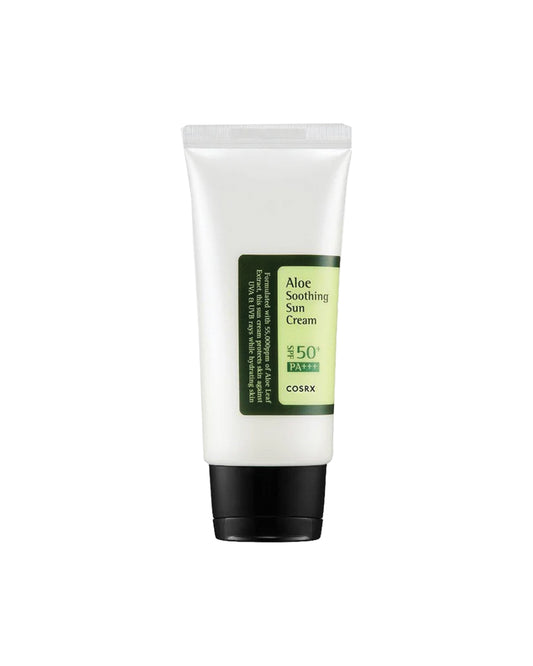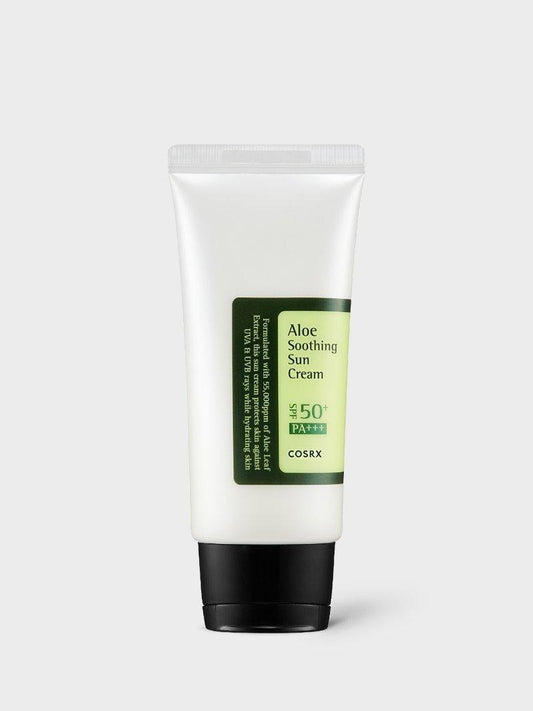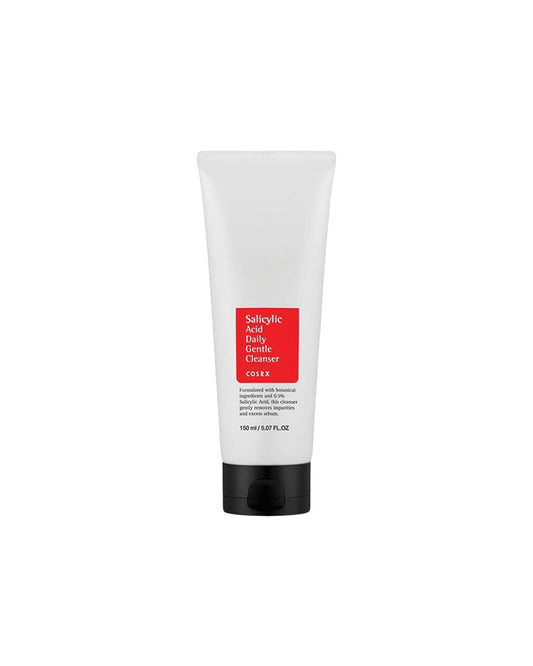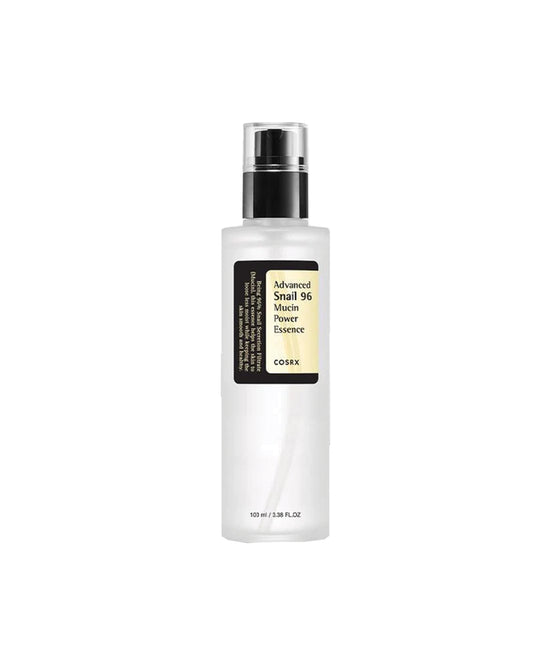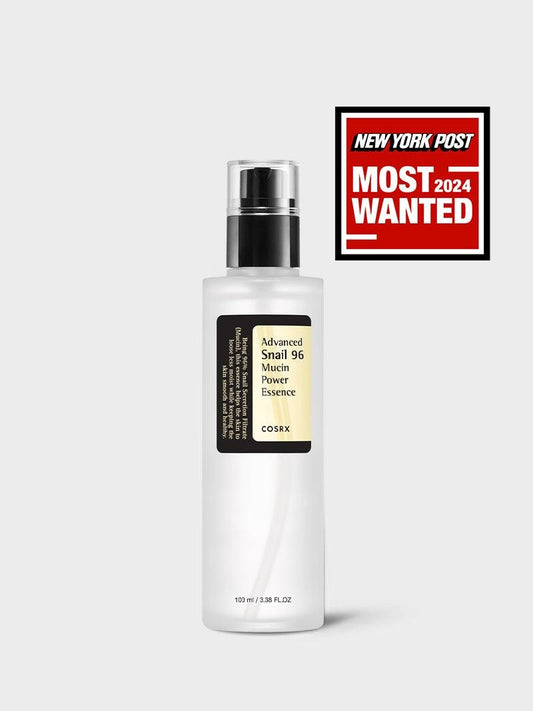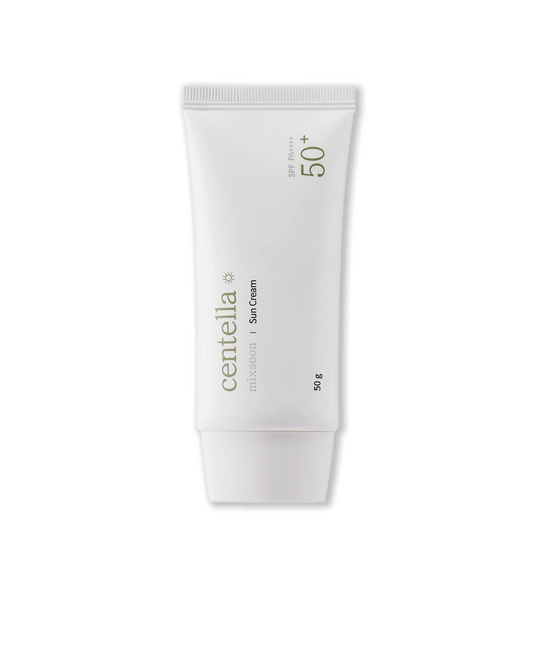Microbiome Skincare: The Future of Healthy, Balanced Skin
For years, skincare has focused on exfoliating, hydrating, and protecting. But in recent times, a new dimension of skin health has entered the conversation: the microbiome. Scientists now understand that your skin is home to trillions of bacteria, fungi, and microbes that play a vital role in keeping it balanced, resilient, and glowing.
Microbiome skincare is more than just a trend—it’s a science-backed approach that’s changing how we care for our skin from the outside in. Let’s explore what it is, why it matters, and how you can incorporate it into your routine.
What Is the Skin Microbiome?
Your skin isn’t just a surface; it’s an ecosystem. On every square centimeter, there’s a diverse community of microorganisms—collectively called the skin microbiome.
Think of it as a garden:
-
Beneficial bacteria are like healthy plants that protect the soil.
-
Harmful microbes are like weeds that can overgrow and cause issues if not kept in check.
A healthy microbiome means a balanced mix of these organisms, resulting in skin that:
-
Feels calm and comfortable
-
Recovers quickly from irritation
-
Maintains hydration and elasticity
Why Does the Microbiome Matter for Skincare?
When your microbiome is in balance:
-
Your skin barrier is stronger, locking in moisture and keeping irritants out.
-
Inflammation is reduced, so redness and sensitivity are less common.
-
Your skin naturally defends itself against environmental stressors like pollution.
When the microbiome is disrupted (by harsh cleansers, over-exfoliation, or certain medications):
-
You may experience breakouts, redness, and dryness.
-
Conditions like eczema, rosacea, or acne may flare up.
In short, caring for your microbiome means caring for your skin’s first line of defense.
What Is Microbiome Skincare?
Microbiome skincare is a new category of products formulated to:
-
Support beneficial bacteria
-
Minimize disruption to the skin’s ecosystem
-
Restore balance after stress or irritation
These products often contain ingredients like:
-
Prebiotics: Nutrients that feed good bacteria
-
Probiotics: Live beneficial bacteria (or lysates that support them)
-
Postbiotics: Byproducts of probiotics that calm and strengthen the skin
Instead of stripping the skin, these formulas focus on nurturing and replenishing.
Signs Your Microbiome Needs Help
Wondering if your skin could benefit from microbiome-friendly products? Look for these signs:
-
Persistent dryness despite using moisturizers
-
Increased sensitivity to products that once worked fine
-
Frequent breakouts even with a gentle routine
-
Redness or irritation after cleansing
-
A feeling of tightness or discomfort
How to Protect and Support Your Microbiome
1. Use Gentle Cleansers
Overly harsh cleansers can strip away not just dirt and oil but also the natural flora your skin needs. Opt for pH-balanced, sulfate-free options.
2. Limit Over-Exfoliation
While exfoliation is helpful in moderation, too much can disrupt your microbiome. Cut back on scrubs and strong acids if your skin feels irritated.
3. Moisturize Wisely
Look for moisturizers that include ingredients like ceramides, squalane, and niacinamide, which strengthen the barrier and create an environment where good bacteria thrive.
4. Incorporate Microbiome-Specific Products
Seek out serums, mists, or creams labeled as microbiome-friendly or containing probiotics and prebiotics.
5. Protect from Environmental Stress
Daily sunscreen use is crucial. UV exposure and pollution can negatively impact your skin’s microbial balance.
6. Be Mindful of Lifestyle Factors
A healthy diet, adequate hydration, and stress management also support your skin microbiome from within.
Ingredients to Look For in Microbiome Skincare
-
Lactobacillus Ferment: A probiotic known to soothe and protect
-
Bifida Ferment Lysate: Often found in high-end serums, it helps reduce sensitivity
-
Inulin & Alpha-Glucan Oligosaccharide: Prebiotics that feed good bacteria
-
Postbiotic Extracts: Strengthen the barrier and boost skin’s defenses
How to Build a Microbiome-Friendly Routine
Morning:
-
Mild cleanser
-
Hydrating essence or toner (look for prebiotics)
-
Probiotic serum
-
Barrier-supporting moisturizer
-
Sunscreen
Evening:
-
Gentle cleanse to remove makeup and SPF
-
Microbiome serum or treatment
-
Nourishing moisturizer with lipids and calming ingredients
Keep it simple and consistent—overloading your skin with too many actives can upset the delicate ecosystem you’re trying to nurture.
The Science Behind the Trend
Research shows that:
-
A balanced microbiome can help prevent skin conditions like eczema and acne.
-
Probiotic extracts reduce inflammation and strengthen barrier function.
-
Skincare that respects microbial balance improves product efficacy over time.
Dermatologists worldwide now encourage patients to think beyond “clean” and “hydrated” skin—and consider the microscopic life living on it.
Benefits You’ll Notice Over Time
When you consistently use microbiome-friendly products, you may see:
-
Less redness and irritation
-
Fewer unexpected breakouts
-
A smoother, plumper texture
-
Improved tolerance to active ingredients
-
A healthy, natural glow without extra effort
Microbiome Skincare Myths
Myth 1: Probiotics in skincare are the same as in yogurt.
Not quite. Skincare probiotics are usually non-living lysates or encapsulated forms that can survive in a cosmetic product and deliver benefits.
Myth 2: More probiotics mean better results.
Balance is key. Too many actives or overly complex routines can overwhelm your skin.
Myth 3: Only sensitive skin needs microbiome care.
All skin types benefit from a supported microbiome, whether you’re oily, dry, or somewhere in between.
Is Microbiome Skincare for Everyone?
Yes! Because it focuses on balance and barrier health, microbiome skincare is suitable for:
-
Dry, dehydrated skin needing more moisture retention
-
Sensitive skin prone to redness
-
Oily or acne-prone skin needing equilibrium
-
Mature skin looking for extra resilience
Tips for Choosing the Right Products
-
Look for transparent labels with known microbiome-friendly ingredients.
-
Avoid formulas with high alcohol content or harsh astringents.
-
Consider starting with one product, like a serum, before overhauling your routine.
Final Thoughts
Microbiome skincare is a step toward respecting and working with your skin’s natural ecosystem, rather than against it. By focusing on balance, gentleness, and nourishment, you can achieve healthier, stronger, and more radiant skin—without overcomplicating your routine.
Instead of stripping and over-treating, microbiome skincare teaches us to nurture. It’s not just a trend; it’s a smarter, science-driven way to care for your skin, today and in the future.

